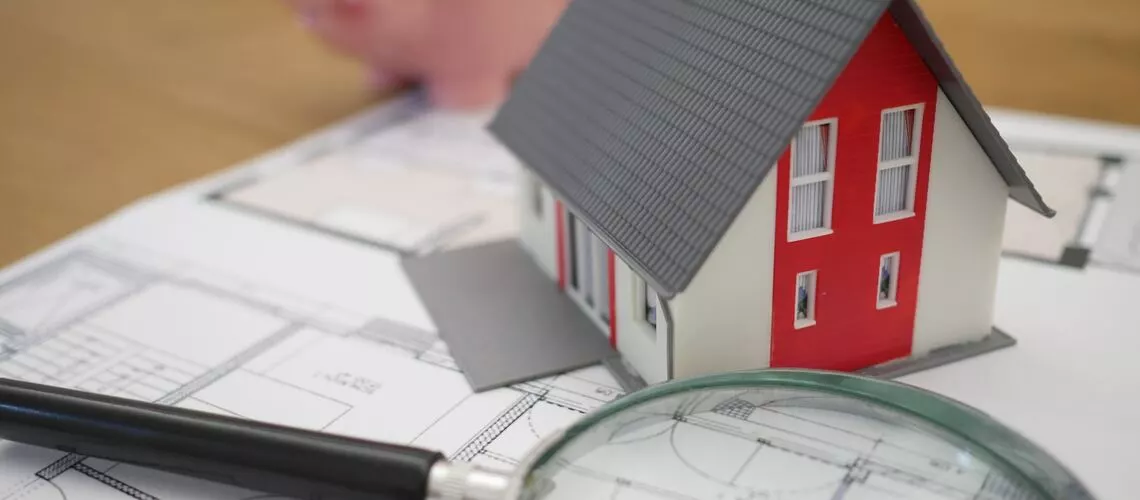Evaluating potential real estate investments before signing any contracts is crucial. Intuition is nice, but it’s not reliable. To be successful, you need a reliable method for analyzing properties, and this article will outline some of the best property evaluation strategies.
1. Accessible Data Analytics
It’s crucial to analyze potential investments and monitor their performance once acquired, which means every investment you consider needs to have accessible analytics, whether you source that data yourself, or use an investment partner. Turnkey property site, Invest.net says, “your investment partner should provide the visibility required for enhanced analysis, especially when dealing with private, off-market investments.”
Having access to crucial data about potential investments and the investments in your portfolio is the foundation of managing risk. It’s what sets successful investors apart from those who simply follow their intuition and sometimes get lucky, but not usually.
Data analytics will give you more accurate property values and risk assessments. It can also help with your marketing efforts when you’re trying to attract a certain type of tenant to fill a vacancy.
2. You Need Accurate Property Valuation

When you’re considering a new real estate investment, it’s crucial to understand its value so you can determine whether or not it aligns with your investment goals. For instance, you need to know the potential returns to make an informed decision. This is where valuation reports come into play.
Property valuation will help you get an accurate assessment of a given property’s market value so you can know if you’re being presented with a good deal. You don’t want to waste your time with overpriced properties, and underpriced properties are likely to come with hidden defects that will make you lose money. Knowing the current market value of a property allows you to negotiate a fair price and walk away from potentially bad deals.
Valuation reports will also provide information regarding the condition of a property, along with potential risks, like structural damage, and legal issues, like zoning violations.
Another major reason to use property valuation is to ensure you’re paying fair property taxes. Since property taxes are based on a property’s assessed value, if you purchase an overvalued property, you’ll pay too much.
3. Consider the Location and Its Future
You’ve probably heard that location matters most in real estate, and that’s never going to change. For instance, the same exact property built in two different locations will have a different value because of the area. Everything from job opportunities and crime to local attractions and city ordinances can impact profitability.
With two identical properties, in one location, you might only be able to charge $1500/month rent while you can charge $3500/month rent in another area.
You’ll pay less for the property that can only generate $1500/month rent, but you also have to think about other factors. For instance, is there stagnation in the job market or is the area is growing? If there is no growth in terms of job opportunities, the city might grow in population while the median income stays the same. In this situation, people might end up moving away in droves, which will only drive rents down.
4. Consider the Property’s Condition

Just because there’s a major defect doesn’t mean you should automatically skip that opportunity. You have to weigh it against the legal implications of the issue, your willingness to fix it, and how it will impact your profitability.
For example, if you find out a house has been built without any permits, you probably don’t want to get involved because you might have to tear everything down and start over. For instance, you might be willing to gut it and redo the inside, but if the house was framed wrong, you’ll have to rebuild it from scratch.
On the other hand, if there are only minor issues, and the property has potential, it could be worth negotiating a deal with the seller and then fixing the issues yourself.
5. Consider Property Taxes
Property taxes are based on the value of a property, but some areas experience drastic increases in property value that can add more than $1,000 per year to the owner’s tax bill. For instance, in 2023, Colorado saw an average property value increase of 40% and residents are paying higher property taxes this year.
If you buy property in areas where values rise fast and often, make sure you account for the corresponding increase in taxes.
Do Your Due Diligence
Evaluating potential investments is crucial when your goal is to become a profitable investor. By considering key factors, like the availability of data, property value and condition, location, and more, you can maximize returns and minimize risks.

